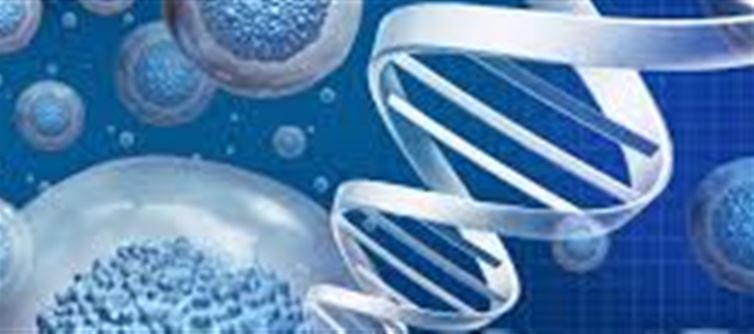
Artificial intelligence (AI) is advancing beyond traditional applications like coding and image generation, now delving into the realm of cellular biology. OpenAI has announced a collaboration with Silicon Valley startup Retro Biosciences, resulting in the development of GPT-4b micro, a specialized AI designed specifically for analyzing protein sequences, biological literature, and 3D molecular structures.
This innovative AI goes beyond conventional chatbots; it was crafted to redesign proteins crucial for regenerative medicine. Researchers challenged the system to rethink the Yamanaka factors—proteins recognized with a Nobel prize for their ability to reprogram adult cells into stem cells.
In a recent blog post, OpenAI expressed enthusiasm about leveraging GPT-4b micro to create novel and enhanced versions of these proteins, which have significant implications for therapeutic advancements. These proteins have been pivotal in developing treatments for conditions like blindness, diabetes, infertility, and addressing organ shortages.
Remarkably, the redesigned proteins exhibited over a 50-fold increase in stem cell reprogramming markers compared to standard controls. The outcomes astounded both research teams; the AI-generated protein variants significantly outperformed their natural counterparts in laboratory settings. Cells treated with these redesigned factors demonstrated a 50-fold increase in stem cell marker expression and exhibited accelerated dna repair capabilities.
This breakthrough suggests that AI-engineered proteins can rejuvenate aged cells, paving the way for future therapies aimed at delaying or potentially reversing human aging. For longevity research and regenerative medicine, this represents a transformative shift, positioning AI as a co-creator in biological innovation rather than merely a tool for analysis.
Disclaimer: This content has been sourced and edited from Indiaherald. While we have made adjustments for clarity and presentation, the unique content material belongs to its respective authors and internet site. We do not claim possession of the content material..jpg)




 click and follow Indiaherald WhatsApp channel
click and follow Indiaherald WhatsApp channel